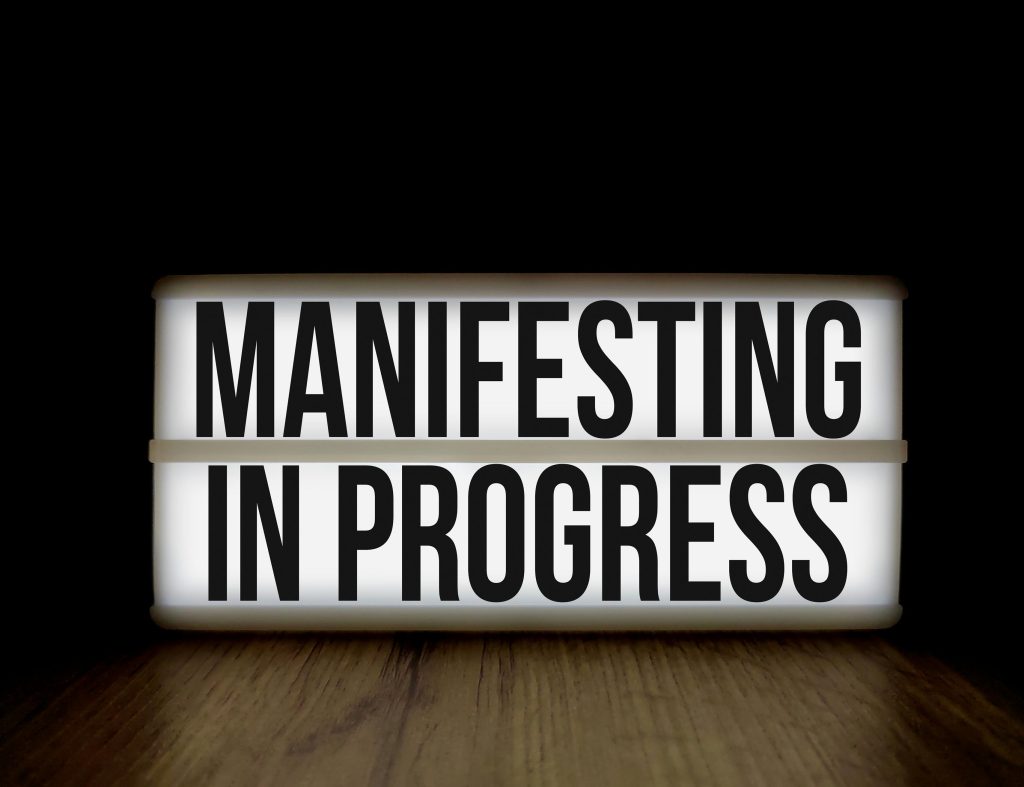Introduction
Have you ever felt like no matter how hard you try, you’re just “not good at something”? Maybe you’ve told yourself, “I’m just not a creative person,” or “I’ll never be a leader.” These thoughts are classic signs of a fixed mindset—a belief that abilities are static and unchangeable. But what if you could rewire that thinking to unlock your full potential? Enter the growth mindset: a powerful, science-backed approach to thinking that can dramatically transform how you learn, lead, and live. In this guide, we’ll break down how you can develop a growth mindset and use it as a tool for lifelong personal success. Whether you’re aiming to improve your career, relationships, or self-confidence, adopting this mindset will help you embrace challenges, overcome setbacks, and thrive.

What Is a Growth Mindset?
Understanding the Concept
The term growth mindset was coined by psychologist Dr. Carol Dweck in her groundbreaking research on achievement and success. At its core, a growth mindset is the belief that abilities and intelligence can be developed through effort, learning, and persistence—as opposed to being fixed traits.
In contrast, a fixed mindset leads people to believe that talent alone determines success. This can make them fear failure, avoid challenges, and resist feedback.
Key Traits of a Growth Mindset:
- Belief that effort leads to improvement
- Openness to feedback and learning
- Resilience in the face of setbacks
- Curiosity and willingness to try new things
Real-Life Analogy
Think of your brain like a muscle: the more you train it, the stronger it gets. Just as you wouldn’t expect to lift heavy weights on day one at the gym, you shouldn’t expect mastery without practice. A growth mindset is the mental gym membership that builds resilience and achievement over time.
Why a Growth Mindset Matters for Personal Success
Boosts Motivation and Learning
People with growth mindsets are more likely to take on challenges, seek feedback, and view effort as a path to mastery. This leads to:

- Increased academic and professional achievement
- Greater confidence in new environments
- Lifelong learning habits
Enhances Emotional Resilience
Failure is inevitable in life—but your response to it determines your outcome. A growth mindset helps you:
- Reframe failure as a learning opportunity
- Handle criticism constructively
- Bounce back quicker from disappointment
Strengthens Relationships and Communication
When you believe that people (including yourself) can grow, you’re more likely to:
- Foster empathy and patience
- Communicate with curiosity, not judgment
- Support others in their development
7 Practical Strategies to Develop a Growth Mindset
1. Shift Your Self-Talk
Our inner dialogue shapes our reality. Notice how you speak to yourself during difficult tasks. Instead of saying, “I’m not good at this,” try:
- “I’m not good at this yet.”
- “What can I learn from this challenge?”
- “Effort is how I get better.”
Pro Tip: Keep a “mindset journal” to track your self-talk and reframe it daily.
2. Embrace the Power of “Yet”
Adding “yet” to negative statements turns limitations into opportunities:
- “I can’t do this… yet.”
- “I don’t understand this… yet.”
This simple word shift fosters patience and possibility, and it’s especially powerful for teaching kids resilience.
3. Celebrate Effort, Not Just Results
Instead of only rewarding outcomes, celebrate:

- The hours spent studying
- The courage to try something new
- The creative thinking behind a failed project
This reinforces the belief that progress matters more than perfection.
4. Seek Constructive Feedback
Rather than fearing criticism, welcome it as a growth tool:
- Ask mentors or peers, “What’s one thing I could improve?”
- Reflect on feedback without defensiveness
- Apply what you learn
Remember, feedback isn’t a judgment—it’s a roadmap to improvement.
5. Reframe Failure
Train yourself to view setbacks as stepping stones. Ask:
- What did this experience teach me?
- How can I use this lesson next time?
- What strengths did I discover in this process?
Example: Thomas Edison famously said, “I haven’t failed. I’ve just found 10,000 ways that won’t work.”
6. Surround Yourself with Growth-Minded People
Mindsets are contagious. Spend time with those who:
- Challenge you to grow
- Encourage lifelong learning
- Normalize mistakes and persistence
Online communities, books, podcasts, or coaching can also help reinforce a growth environment.
7. Commit to Lifelong Learning
The world is changing rapidly, and those who thrive are those who adapt. Try:
- Reading personal development books
- Enrolling in workshops or courses
- Practicing a new hobby or skill regularly
Recommended Reads:
- Mindset by Carol Dweck
- Grit by Angela Duckworth
- Atomic Habits by James Clear
Common Myths About Growth Mindset

“You either have it or you don’t.”
False. Mindsets can be cultivated. Even people with deeply fixed beliefs can shift with awareness and practice.
“It’s just about being positive.”
Not quite. Growth mindset isn’t blind optimism—it’s about realistic belief in your ability to improve through effort and learning.
“It only applies to school or work.”
Wrong again. Growth mindset applies to every area: relationships, fitness, creativity, emotional well-being, and beyond.
How to Measure Your Growth Mindset Progress
While mindset isn’t easily quantifiable, here are signs you’re on the right path:
- You’re more willing to try hard things
- You react to criticism with curiosity, not defensiveness
- You reflect on setbacks rather than internalize them
- You catch and reframe fixed thoughts faster
You can also take Carol Dweck’s Growth Mindset Assessment online to gauge where you currently stand.
Conclusion
Developing a growth mindset is not an overnight change—it’s a daily choice to believe in your capacity to learn and evolve. By shifting your self-talk, welcoming challenges, and reframing failure, you open the door to greater confidence, resilience, and personal success. Remember, your mindset is like a garden: what you water grows. Choose to nurture thoughts that fuel your growth.








